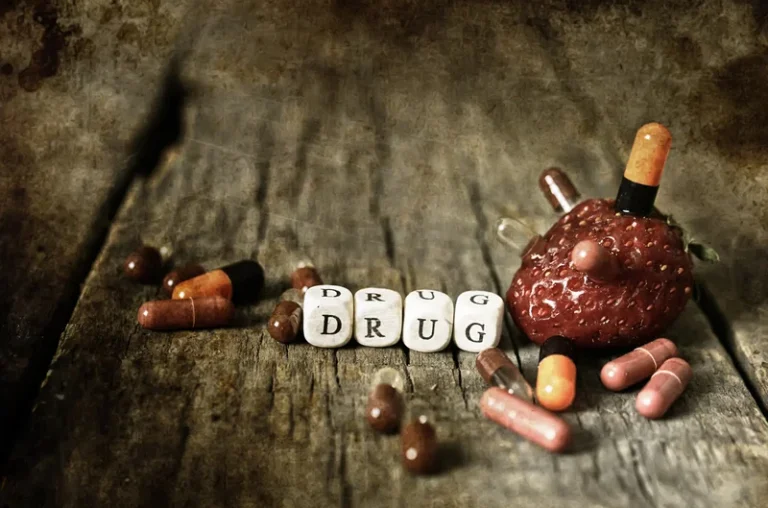
Neural connections are weakened or lost, and the reward system pathways no longer function as they once did. The end stage of alcoholism is linked with severe brain damage as well as liver problems that can add additional symptoms of brain fog, confusion, and delirium. Most research indicates that moderate drinking has very little negative impact on health and is considered beneficial for cardiac health. Moderate drinking is defined as less than two drinks for men and less than one drink for women per day. However, a 2017 study found that even moderate amounts of alcohol consumption over many years lead to shrinkage of an area of the brain involved in the formation of new memory (the hippocampus).
Product Reviews
Evidence from animal models and cell culture reports Drug rehabilitation further strengthens the idea that chronic excessive alcohol exposure downregulates the tight junction proteins (claudin, occludin, zonula occludens) which are responsible for maintaining BBB integrity 43. Both acute and chronic alcohol exposure can increase the production of ROS and enhance peroxidation of lipids, protein, and phosphorylation of mitochondria resulting in decreased ATP production by disrupting phospholipid-containing cell membrane structure 44. Astrocytes maintain the BBB integrity by forming paracrine interactions to coordinates the CNS blood flow and neural function between pericytes and CNS vasculature 45. Alcohol-induced tight junction disassembly is usually mediated via activation of expression protein kinase C (PKC) which subsequently allows toxic substances to enter the brain which in turn affects CNS homeostasis. Loss of astrocytes function to maintain the neurovascular coupling is not recovered by the proliferation of adjacent astrocytes resulting in long-term effect in neurovascular damage. It can lead to shrinkage of brain tissue, disruption of neurotransmitter balance, and impairment of the brain’s ability to process glucose, its primary energy source.

Long-term memory loss
Options may include inpatient or outpatient detoxification from alcohol, and sometimes, medication is necessary to help a person stop drinking. In addition to a physical examination and medical history, your healthcare provider may order diagnostic testing to help reach specific causes for dementia symptoms. Excessive alcohol use for many years is linked to alcoholic dementia, and some people can develop alcoholic dementia more rapidly than others. If you suspect you have this condition, reach out to a healthcare professional as soon as possible to discuss treatment options. The sooner you treat alcohol-related dementia, the better your chances of recovery. Often, symptoms stop progressing and even improve after you stop drinking.
Alcoholic Dementia − Treatment and Key Takeaways
Depending on your symptoms, you might also undergo a brain scan to rule out other concerns, like a stroke or tumor, or brain bleeding caused by physical trauma. You may also get a brain scan to rule out other potential conditions, like stroke, tumor, or a brain bleed caused by physical trauma. The symptoms of alcohol-related dementia and age-related dementia are fairly similar. Available epidemiological studies are not sufficient to verify a can alcoholism cause dementia protective effect of alcohol on dementia development.
- People who regularly drink more than 21 units of alcohol a week are more likely to develop dementia compared to people who drink less than 14 units.
- If you are concerned about your alcohol consumption you can talk to your doctor for advice.
Moderate drinking and AD
People who regularly drink more than 21 units of alcohol a week are more likely to develop dementia compared to people who drink less than 14 units. The presence of alcohol abuse was screened using the National Alzheimer’s Coordinating Center UDS questionnaire completed by clinicians during patient research visits. If you’re concerned about your alcohol consumption or its potential impact on your cognitive health, it’s important to seek help.

The Comprehensive Guide to Alzheimer’s Disease Pathophysiology: Understanding the Mechanisms…
The most distinguishing symptom is confabulation (fabrication) where the person makes up detailed, believable stories about experiences or situations to cover gaps in memory. If you regularly drink alcohol, try to do so in moderation and within recommended limits. The results will help determine whether you or your loved one has AUD, dementia, or both.
Alcoholic Dementia vs. Wernicke-Korsakoff Syndrome
- Indeed, basic science strategies that can control alcohol exposure may help clarify controversies, including whether alcohol in the context of genetically induced Alzheimer’s disease pathology changes the extent, distribution, or signaling pathways of relevant biomarkers.
- It is caused by a person regularly drinking too much alcohol, or binge-drinking, over several years.
- While the statistics can be intimidating, try to remember that they don’t determine your journey with ARD.
- The study defined moderate drinking as consuming 1–13 standard drinks per week, equivalent to 10–130 grams (g) per week.
Additionally, they might ask you to answer questions about symptoms about your memory and cognitive function. One of the significant =https://ecosoberhouse.com/ impacts of alcohol is on mental health, specifically through its disruption of neurotransmitters—the chemicals essential for communication between brain cells. This disruption can cause mood swings, depression and anxiety, notes Dr. Wint. Leading a healthy lifestyle, including regular exercise and a balanced diet, can decrease the chances of developing chronic diseases and may contribute to reducing dementia rates. If you suspect someone may be suffering from alcohol dementia, offer support and help them to access the medical services available. Continue reading to learn about alcoholic dementia, its symptoms, disease progression and its potential treatment.

The Link Between Alcohol Consumption and Dementia: Understanding the Risks and Prevention

Although there are cases where the damage is permanent, abstaining from alcohol and adopting a healthy lifestyle may prevent further injury and potentially help build new connections, improving symptoms. However, in degenerative diseases, regaining lost functions is challenging, as these diseases involve ongoing cell death. For doctors out there, when you see patients who have late-onset alcoholism, which is defined as happening after the age of 40 or older, perhaps these people need a little more attention and an evaluation for a neurologic disorder.




